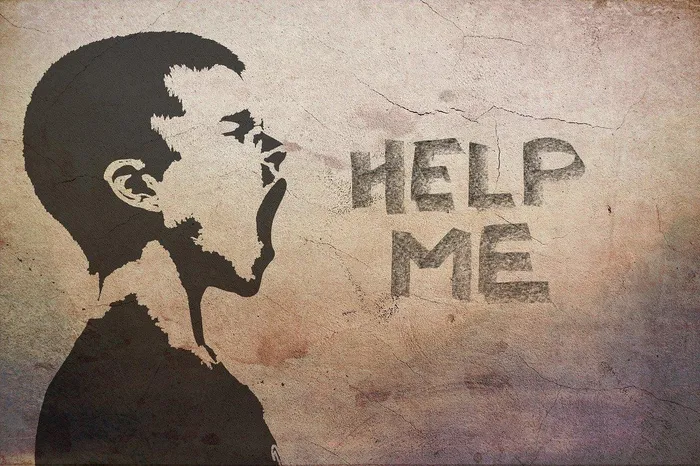
The spectre of bullying in schools still haunts South Africa. This column reflects on initiation rituals, power abuse and how cruelty toward the weak defines our society’s moral direction.
Image: Gerd Altmann from Pixabay
THE HOT projectile fired from the weapon hit me in the torso, and it felt like an express train had just collided with my chest.
The hot lead tore through my body effortlessly, like a drinking straw dipped into a milkshake. I felt my body go limp and then everything went dark.
The group who had executed me stood laughing over my lifeless form. For seemingly no reason, I had been stood up against a wall, and senselessly shot by a matric pupil brandishing a high-velocity matchstick.
Anyway, that was the extent of my initiation into the fold at Floors High School many decades ago. I got an easy pass because my brother was already in one of the senior classes. On top of that, my Dad had taught at the school and knew the principal and staff personally.
However, we also heard that the initiations at the school’s hostel were far more “enthusiastic”. We heard horror stories about boys being beaten and victimised. But no one would confirm the rumours, and after a few weeks, no one spoke about it any more.
College was a different kettle of fish. By the time I got there, I had been a senior at high school for an entire year, and suddenly young men, not much older than I, wanted to humiliate me … I was having none of that.
I have a close friend who started college at the same time, and together we decided, “Nah … this is not happening.” So we refused to be part of the initiation formalities. We were warned that refusing would mean that we would not be accepted at the institution. We shrugged and said that was fine.
For the rest of our first year, the “Glare Ninjas” – as we nicknamed the senior students who hated us for refusing initiation – were everywhere, and if looks could kill, we would have been dead within the first week.
One day, during that first week, I watched some first-year hostel students being manhandled. What amazed me was that it was the scrawny, timid “first-years” who were on the receiving end of the sharpest abuse. The more brawny students received a pass.
This confirmed to me that what I had always heard was true: that bullies are always cowards at heart, but to their credit, they have an amazing instinct to sniff out the most vulnerable victims for their prey.
Recently, there was an outcry over a bullying incident at a school in Cape Town. Sadly, from now on, the school famous for its academic and sporting excellence, risks being remembered for the fact that a number of the school’s senior rugby players assaulted a Grade 10 cancer survivor, while an even bigger group filmed it, cheered their heroes on, as they jeered and howled with glee.
What transpired was a far cry from the atmosphere the school advertises on their website: “An atmosphere of acceptance and open-mindedness where diversity is valued and continuous critical reflection is promoted.”
It has also come to light that one of the attackers is allegedly a rising back‑row prospect and standout from Western Province’s Craven Week squad and the SA Schools structures. This youngster – though not yet proven guilty – may have thrown away a possible Springbok shot, judging from the fallout from this incident.
This begs the question, when has it ever been OK to hurt, humiliate or dominate another person, especially one who is weaker than you are, and more especially someone who you could have protected?
What has happened to that principle printed in one particular Good Book that goes: “... encourage the fainthearted, help the weak, be patient with them all”?
Here’s something for tyrants to consider: If you feel it’s OK to victimise the weak because you are strong, does that mean you’d be fine with being victimised if a stronger tyrant crossed your path?
Let me add this: if we encourage a society that oppresses the weak, that’s the society we’ll find ourselves living in as senior citizens. But if we create a society today that cares for the weak, one day, when we’re old and frail, there’ll be many hands to hold us up.
Now just imagine that …
Related Topics: